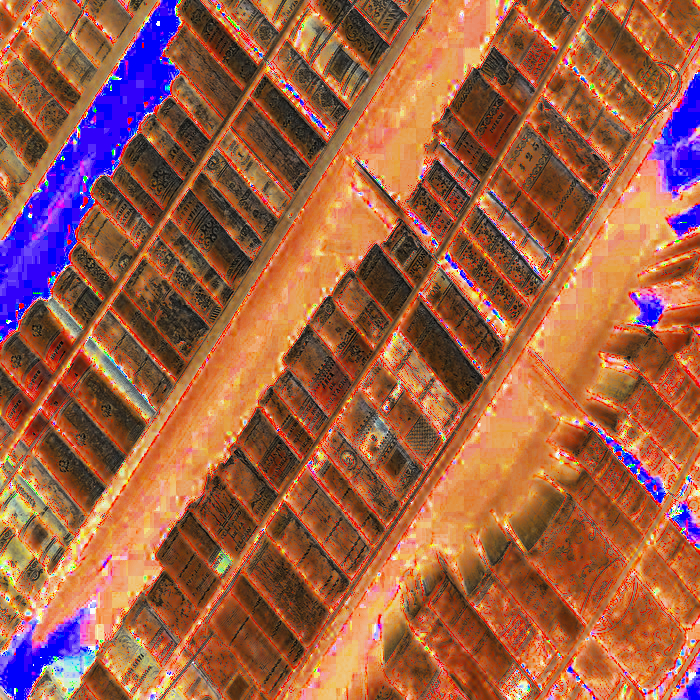terminal 0
unfinished

NEFX - Bderatiola.txt ? In the former case, it is because the object insofar as it was perceived (whether or not it was to a degree illusory) was a product of the mind, the thoughtform, that perceived it. ? This is to say that change of understanding of the thing under focus does, in a way, change the thing itself -- whether in the orbit of reality in which the engager dwells, or per the minute effects of every action over another in the chain reaction of often imperceptible consequence. ? The question remains whether an adjustment of understanding of the thing under focus based on newly received information is merely adjusting according to an impression of the object still within the limited domain of thought whence the initial understanding of the thing sprung, in effect becoming a switching of one misunderstanding for the other that merely has the at-least initial visage of thought evolution and progress. ? After all, the endpoint arises in part from what is known at the point of its designation. ? Likewise, it's questionable whether the endpoint is valid if indeed it is altered by all that was gotten up to it, although in such case it may not be to say that the endpoint itself changed so much as was shifted, since everything found along the journey may change the goals of the journeyer -- all this, of course, assuming we take the endpoint as something inchoate yet vaguely registered and thus a goal to reach much like a structure viewable from a distance whose existence we can tell, yet whose detail and content elude us from afar. ? The question remains then whether the endpoint is actually something separate from the self and arrived at organically, or a phantasm; for consciousness would shift its knowledge according to this endpoint if all that it has brought up to such endpoint does not quite tally with it. ? Thus, investigations on the path to this particular knowing must necessarily be carried out with this in mind, with a view towards a holistic but duly apportioned understanding. ? That is, true knowledge would consist in part of a clear delineation between how the object is for itself and how it is for the self, that is, the perceiver and journeyer focusing upon or (aware or not) driving towards the object. ? Consciousness, seeking to know a decided endpoint of knowledge as that endpoint is to itself and not as it is to consciousness, could at least get closer to (and increase its chances of ultimately) reaching that endpoint by reflecting on how other things related to, or on the path towards, the perceived endpoint relate to themselves and each other independent of the self and its relating of those things to the self. ? It could be that the endpoint appears to consciousness only as the latter may know it, but also in a way as the latter may not yet know it to be, since newfound seeming truth itself may belie yet a truth beyond itself. ? So an endpoint of truth pursuit can be thereby made more or less visible to consciousness insofar as the latter, in all its thought makeup, possesses the means to even perceive it, let alone embrace it as truth. ? What is conscious of consciousness meets its own unconsciousness now MADE conscious. ? Given that consciousness determines both its truth and its knowledge according to its perception, the criteria and results of engagement -- in both general and in specific cases -- further reveal consciousness to itself, and together embody it.
